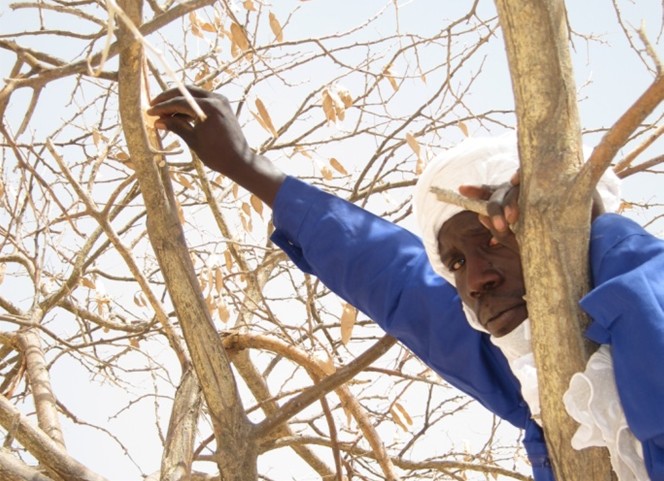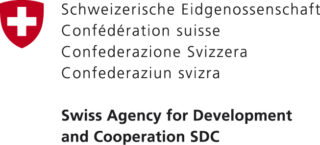Director
CURRICULUM VITAE
Dr. Bloesch Urs / 8.01.1956 / Swiss nationality
EDUCATION
1992-2001: PhD in Forestry Sciences at the Swiss Federal Institute of Technology Zurich (ETH): “The dynamics of thicket clumps in the Kagera savanna landscape, East Africa”. Topics studied: dry forest, savanna, climate, soil, fire, mammalian herbivory and termites.
1984-1985: Postgraduate course on developing countries studies Swiss Federal Institute of Technology Zurich (ETH).
1977-1983: MSc in Forestry engineering at Swiss Federal Institute of Technology Zurich (ETH).
PROFESSIONAL EXPERIENCES
Dr. sc. nat. Urs Bloesch, Forest Engineer founded in 1995 Adansonia-Consulting, a environmental consulting office, specialized for the tropics. He profits from a long-time practical experience in leading positions in the forestry and rural development sector in West and East Africa working for Intercooperation and the Swiss Agency for Development and Cooperation (SDC). Furthermore he was engaged in a major applied research programme about ecosystem studies in East Africa of the Swiss Federal Institute of Technology (ETH, Zurich). Adansonia-Consulting has been involved in an applied research partnership programme (ESAPP) and in the biodiversity study of a coastal forest in Tanzania (CEPF/Syngenta Foundation for Sustainable Agriculture).
Dr. Urs Bloesch was heading the Expert Group "Environment & Disaster Risk Reduction" of the Swiss Humanitarian Aid Unit. Moreover, he was lecturing at the Hochschule für Agrar-, Forst- und Lebensmittelwissenschaften (HAFL) in Zollikofen and at the Institute for Communication Research (IKF) in Lucerne and is currently a guest lecturer at the Haute école du paysage, d'ingénerie et d'architecture de Genéve (HEPIA).
Adansonia-Consulting has carried numerous studies and programme/project evaluations in the humanitarian, development and conservation field for UN organisations (FAO, OCHA, UNDP, UNEP, UNHCR), the World Bank, state and para-state organisations (Belgian Technical Cooperation, GIZ, SDC, MSB), international NGO's (Care International, Conservation International, ICARDA, Pro Act, WWF) and national NGO's (ADAP, ARECO). Main topics included ecosystem analyses, vegetation surveys, environmental impact assessments and management plans, environmental rehabilitation, socio-economic studies, energy supply in displacement settings. These studies have been conducted in a wide range of tropical ecosystems including savannas, dry woodlands, dry evergreen forests, rainforests, mangroves, and in a variable socio-cultural and economic context of rural agricultural and pastoral communities.
Joined 2020
Organisation


